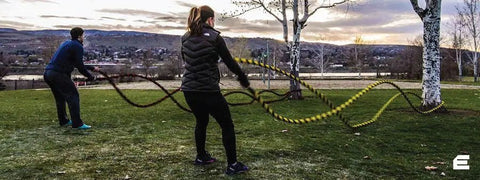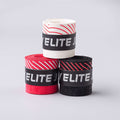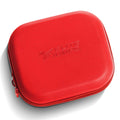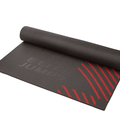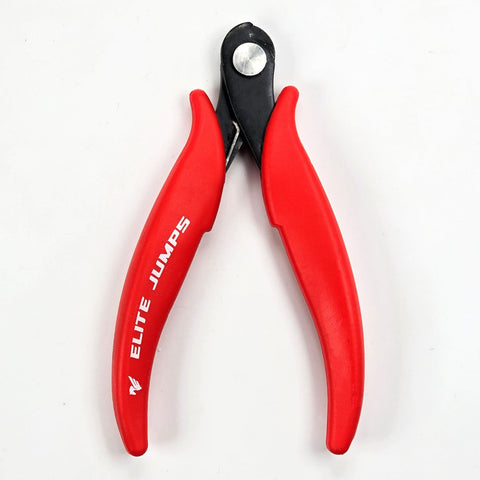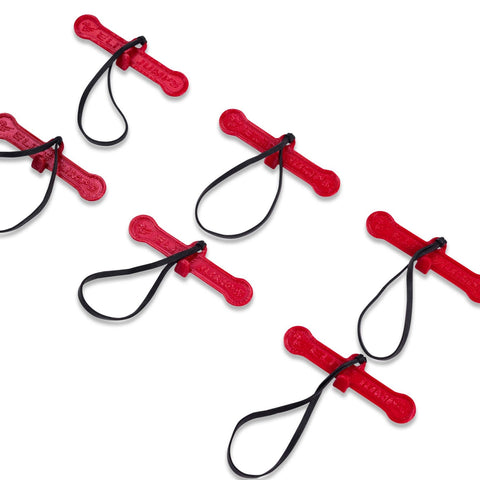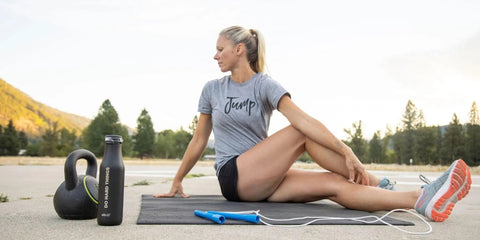
Working on your double unders? It can sometime seem like everyone who has ever done a double under knows the "secret sauce" to becoming a master. Unfortunately, not...
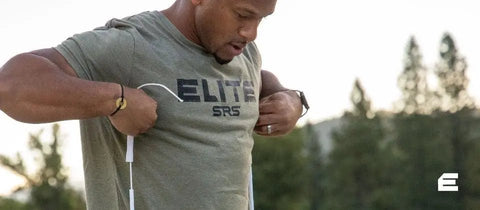
With double unders, you're looking for optimum speed and efficiency. The idea is to get the rope turning around your body with as little effort as possible...
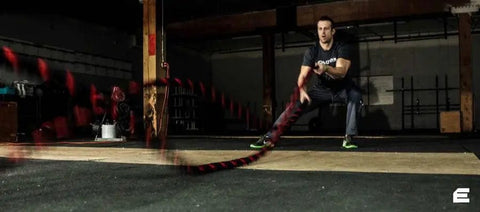
When I was first introduced to battle ropes I figured they were all essentially the same. They are, after all, a pretty simple piece of fitness...
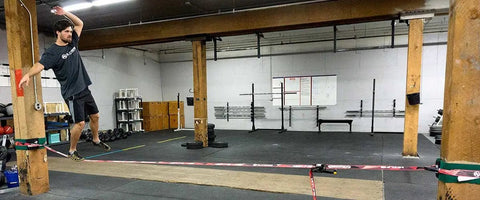
Step on a slackline and you'll soon discover why slacklining has earned a reputation as a killer core workout ... you’ll use every stabilizing muscle you’ve got...
Madeleine Praye, national jump rope champion, leads us through a jump rope workout designed to burn calories, kick your cardio into gear and hit your legs...
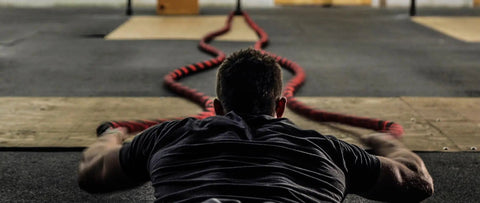
Battle ropes are excellent for high intensity training that engages arms, core and legs, helping you develop explosive power, rotational conditioning, grip strength, core stability and endurance....
